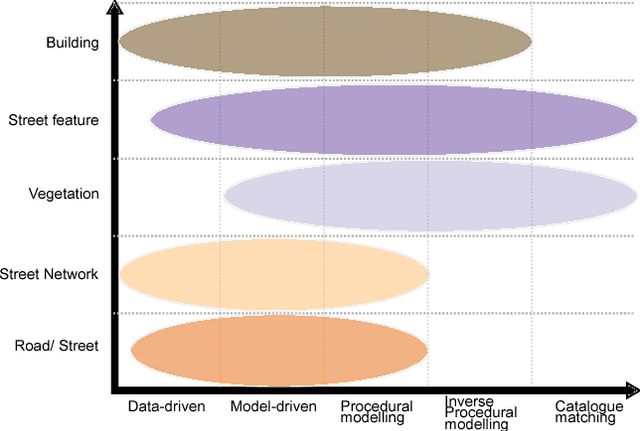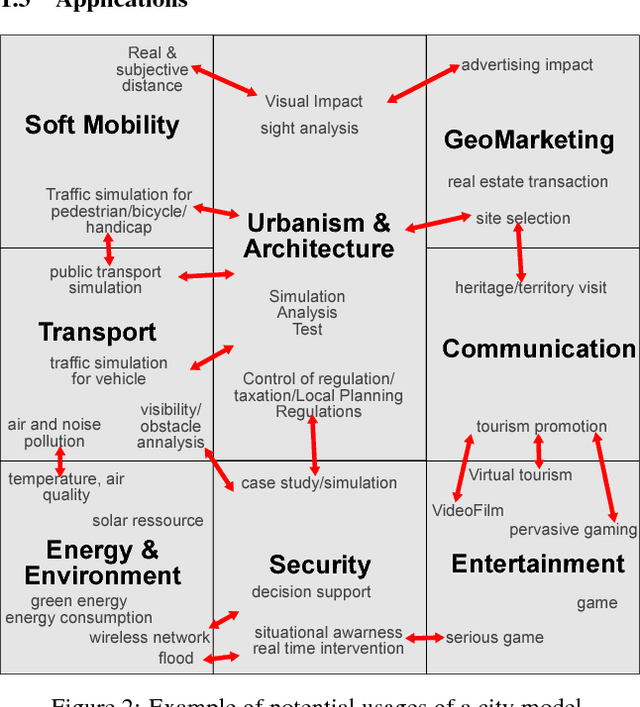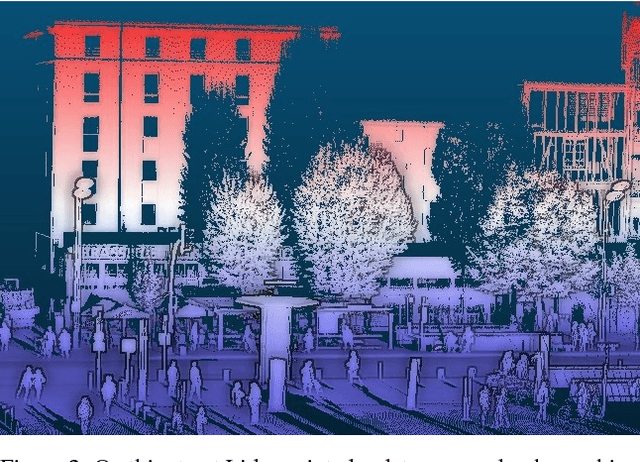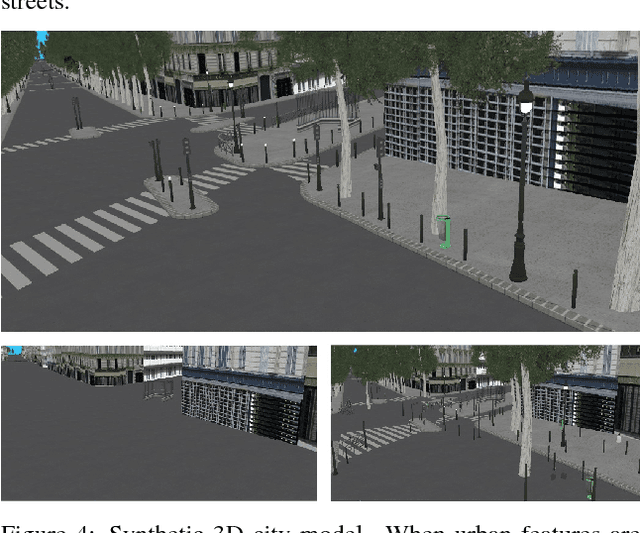A state of the art of urban reconstruction: street, street network, vegetation, urban feature
Paper and Code
Jan 18, 2018



World population is raising, especially the part of people living in cities. With increased population and complex roles regarding their inhabitants and their surroundings, cities concentrate difficulties for design, planning and analysis. These tasks require a way to reconstruct/model a city. Traditionally, much attention has been given to buildings reconstruction, yet an essential part of city were neglected: streets. Streets reconstruction has been seldom researched. Streets are also complex compositions of urban features, and have a unique role for transportation (as they comprise roads). We aim at completing the recent state of the art for building reconstruction (Musialski2012) by considering all other aspect of urban reconstruction. We introduce the need for city models. Because reconstruction always necessitates data, we first analyse which data are available. We then expose a state of the art of street reconstruction, street network reconstruction, urban features reconstruction/modelling, vegetation , and urban objects reconstruction/modelling. Although reconstruction strategies vary widely, we can order them by the role the model plays, from data driven approach, to model-based approach, to inverse procedural modelling and model catalogue matching. The main challenges seems to come from the complex nature of urban environment and from the limitations of the available data. Urban features have strong relationships, between them, and to their surrounding, as well as in hierarchical relations. Procedural modelling has the power to express these relations, and could be applied to the reconstruction of urban features via the Inverse Procedural Modelling paradigm.
 Add to Chrome
Add to Chrome Add to Firefox
Add to Firefox Add to Edge
Add to Edge